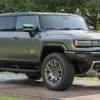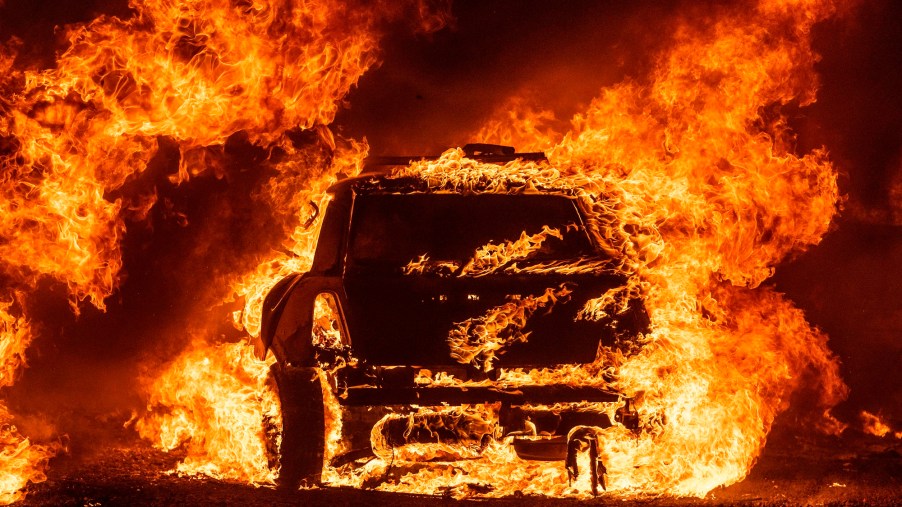
Car Recalls: Drivers Have to Park Outside Due to Fire Risk
Recalls are frustrating, especially when they are related to car safety. No vehicle owner wants to find out that their car is a deathtrap. However, some of the latest industry issues stem from fire-related concerns, and automakers have gone as far as to tell owners to park their Chrysler Pacificas and other cars away from buildings. Here’s what we know about the fire-related recalls and the “park outside” orders.
Why are vehicles are being recalled for fires?
Unfortunately for plug-in hybrid electric vehicle (PHEV) and electric vehicle (EV) owners, several alternative energy vehicles are on recall for fire risk. The recalls include a “park outside” order, meaning unremedied vehicles with the recalls should remain outside garages, parking structures, and away from buildings whenever possible. The order is directly related to a higher-than-acceptable risk of battery packs igniting, even when PHEVs and EVs are stationary and not running.
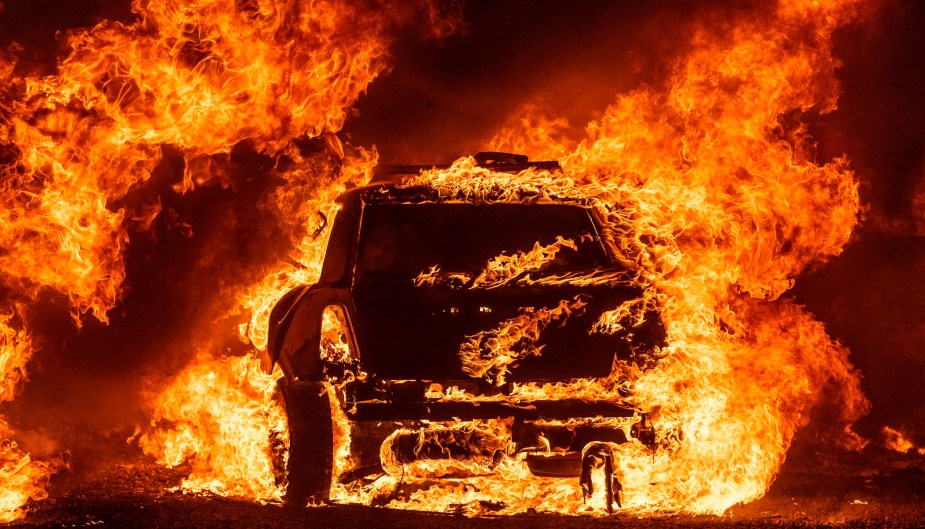
The car fire risk is great enough that automakers suggested that owners of unremedied vehicles abstain from overcharging. Also, some automakers recommended that consumers run their PHEVs on gasoline only in the interim, forgoing the battery pack altogether.
What cars have recalls?
Many PHEVs like the 2017 and 2018 Chrysler Pacifica PHEV are included in some of the latest “park outside” recalls. In addition to the Chrysler PHEV minivan, several other hybrid electric vehicles have similar safety recalls. According to The Wall Street Journal, the National Highway Traffic Safety Administration (NHTSA) cites at least 31 similar recall orders related to over three million hybrid and electric vehicles.
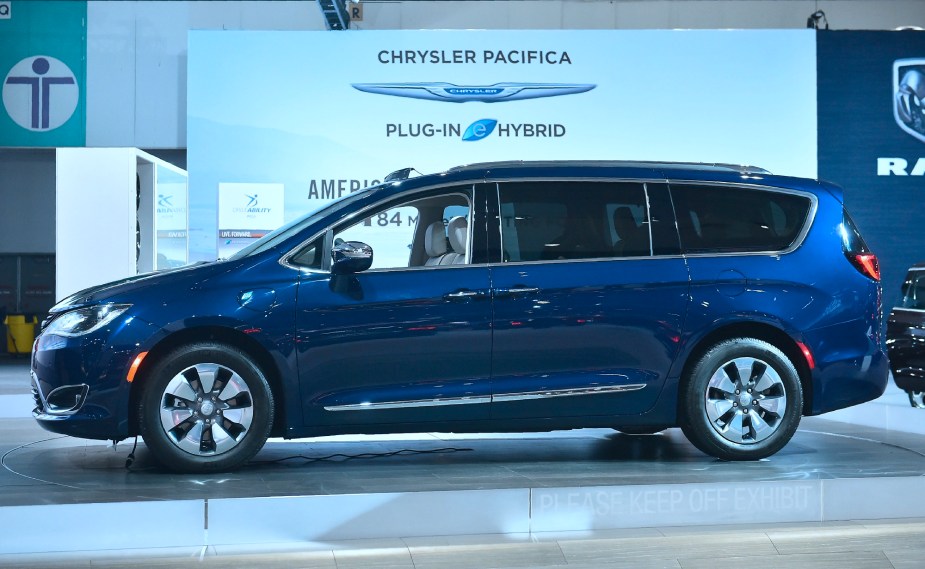
The Chevrolet Bolt and Ford Expedition are other vehicle models with “park outside” order recalls. Also, General Motors recalled the Chevrolet Bolt in 2020 after reports of battery pack car fires. Additionally, Ford Motor Company included the Lincoln Navigator SUV in the recalls after several cases of combustion while the vehicle was parked and off.
What do you do if your car has recalls?
As with any vehicle recall, the manufacturer should notify you if it is recalling your vehicle. If you get a recall notice in the mail or any other medium, you should take your car to a certified service center for your make. Unfortunately for many of the electric vehicle owners included in these latest “park outside” orders, several automakers could not immediately remedy the situation. However, according to The Wall Street Journal, Chevrolet was able to start replacing defective battery packs in Bolts.
How can I check if my car has recalls?
The NHTSA website can look up vehicle recalls with a simple VIN lookup. If you’re concerned about your vehicle’s recall status, simply visit the NHTSA recall tool and verify your car’s recall status. While it may seem tedious, making sure your car is clear is, in many cases, a matter of safety.
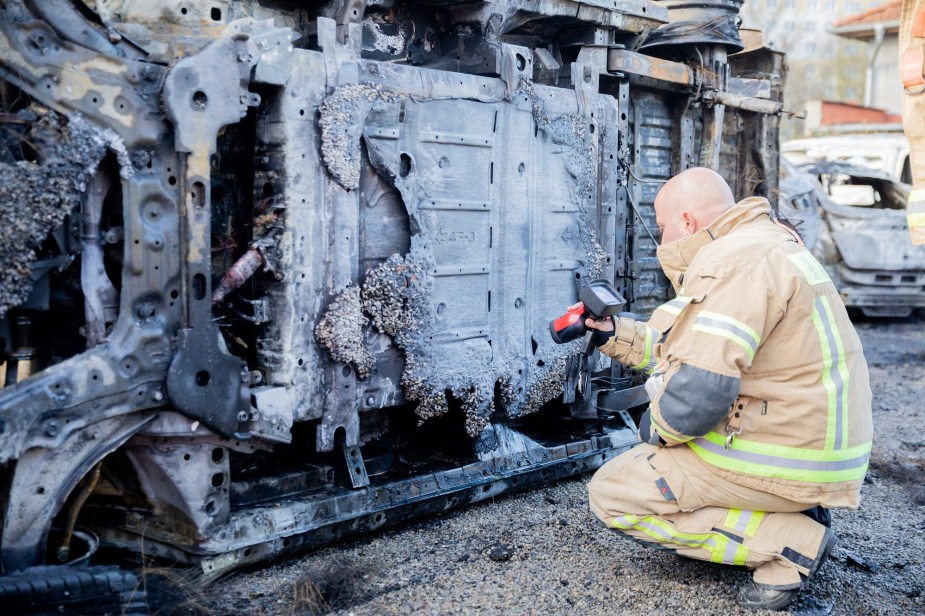
Are PHEVs and EVs unsafe?
Before you write off PHEVs and EVs altogether, consider the infrequency of car recalls like these. Automakers make mass quantities of alternative energy vehicles annually, and they’re getting more popular. Very few vehicles actually experience safety issues like spontaneous combustion or thermal runaway. Furthermore, EVs like the Tesla Model 3 have some of the market’s highest crashworthiness scores.
Scroll down to the following article to read more about vehicle safety!
